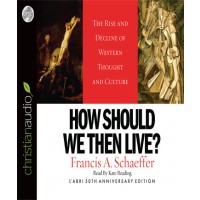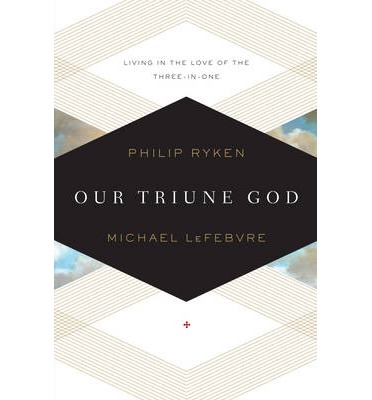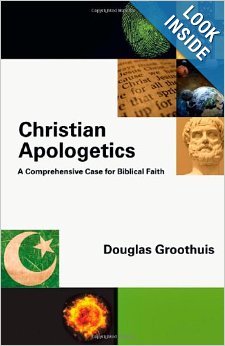Wendy from Theology for Women has written with some insight. Click her name to get to the original piece. Keep it coming Wendy.
Fifty Shades of Genesis 3:16.
Well, Fifty Shades of Grey is coming out on Valentine’s Day. Oh, what a warped view of love we have. I doubt Christian women need a lecture against reading the book or going to the movie. I can’t imagine anyone is going because they think it is a morally good thing to do. It will be a blockbuster hit because there is a deeper issue in our hearts, and it is that deeper issue that I prefer to address.
The Twilight Series was a lighter version of Fifty Shades of Grey. Call it what you want – erotic fiction, BDSM, or in the Twilight Series, paranormal young adult fiction. But the bottom line of both series is the same — Good Girls fall in love with Bad Boys. These particular series made the news because the individual books and movies reached a mass market audience, but “romance” novels involving the “hero” treating the girl badly and the girl wanting him anyway (with the hope of reforming him) have been hugely successful among women for hundreds of years.
The popularity of Fifty Shades of Grey doesn’t surprise me, because God predicted it in Genesis 3. The woman’s desire or strong craving (addiction if you will) will be for the man, and he will rule over her. THAT is why Fifty Shades of Grey, the Twilight Series, and countless other lesser known masochistic “romance” novels have flourished over the years. When Christ is removed from our relationships, that is what is left – men oppressing women and women lapping it up, even if it’s just in fiction. I imagine men will not appreciate that characterization any more than women will. Yet, apart from Christ and God’s common grace among unbelievers, this is where both sexes default in my humble opinion, and I think history affirms my view.
This is not to say that, apart from Christ, we don’t have countless societal coping mechanisms for dealing with this phenomenon. I see feminism as the major coping mechanism. I’m thankful for aspects of feminism, particularly the first wave of feminism. I see it as a great manifestation of God’s common grace. Feminism didn’t change anyone’s heart, but the movement did help to restrain sinful oppression of women in many countries and in many different walks of life. But for every educated, take charge feminist woman you know, there remain hundreds in the shadows of life contributing to their own sexploitation. After 3 waves of feminism, countless laws, and much education, millions of women would still run after the sulky vampire in their fantasies, choosing to suck blood for the rest of their lives rather than living in the light.
As for Fifty Shades of Grey, while it is in many ways like Playboy for men, there are motivating factors for women that are very different than a man’s for pornography. I think that understanding the reason that so many women are flocking to this book/movie can be a powerful tool to pointing them back to the gospel’s answer for the dark longings in their heart. To that end, I hope this analysis is helpful.
For many women reading this (and men too), a lot of this may sound completely foreign. If you’re saying to yourself, “That’s not MY husband or MY history,” then praise God! Perhaps as a child you were raised to know Christ and His Word. You recognized early on your creation in His image and your worth as His honored son or daughter. For the most part, that’s our family, though occasionally I get glimpses into my tendencies apart from redemption. I would have lapped up the Twilight Series hook, line, and sinker during my teenage years. I thank God regularly that He kept me from the kind of guys I would have been willing to date when I was too naïve and immature to recognize this in myself.
There is something much better than secular coping mechanisms that are helpful in some ways and detrimental in others though. Christ has broken the curse and is slowly but surely redeeming His children from its effects. In Christ, women have the rescuer we need. We have a need to submit, and we need one who dominates our life. But only One, Christ Himself, can fill those needs in a way that invites light, not shadow. I’m reminded in all this that we will offer our best solutions spiritually when we best understand the root issue.
My heart aches for women longing for their Christian Grey. That is not his real form, and he morphs into something dark and disturbing when you least expect it. In Christ, we can recognize this dark fantasy for what it is and then move away from the dark towards the light to live in the real relationships God has given us.
It helps a lot if you understand Genesis 3:16.
This is a reworked version of a post I first wrote in 2012.










